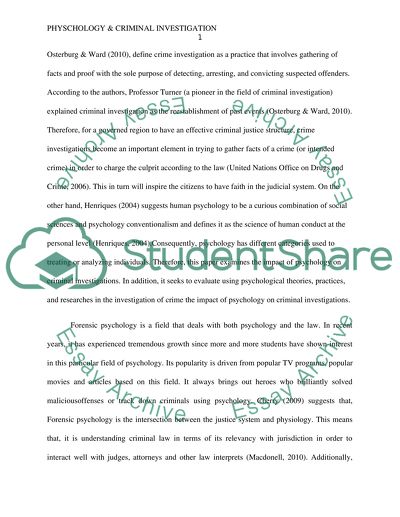Cite this document
(“Criminal investigation - Can psychology have an impact on the ways in Essay”, n.d.)
Criminal investigation - Can psychology have an impact on the ways in Essay. Retrieved from https://studentshare.org/psychology/1495535-criminal-investigation-can-psychology-have-an
Criminal investigation - Can psychology have an impact on the ways in Essay. Retrieved from https://studentshare.org/psychology/1495535-criminal-investigation-can-psychology-have-an
(Criminal Investigation - Can Psychology Have an Impact on the Ways in Essay)
Criminal Investigation - Can Psychology Have an Impact on the Ways in Essay. https://studentshare.org/psychology/1495535-criminal-investigation-can-psychology-have-an.
Criminal Investigation - Can Psychology Have an Impact on the Ways in Essay. https://studentshare.org/psychology/1495535-criminal-investigation-can-psychology-have-an.
“Criminal Investigation - Can Psychology Have an Impact on the Ways in Essay”, n.d. https://studentshare.org/psychology/1495535-criminal-investigation-can-psychology-have-an.


